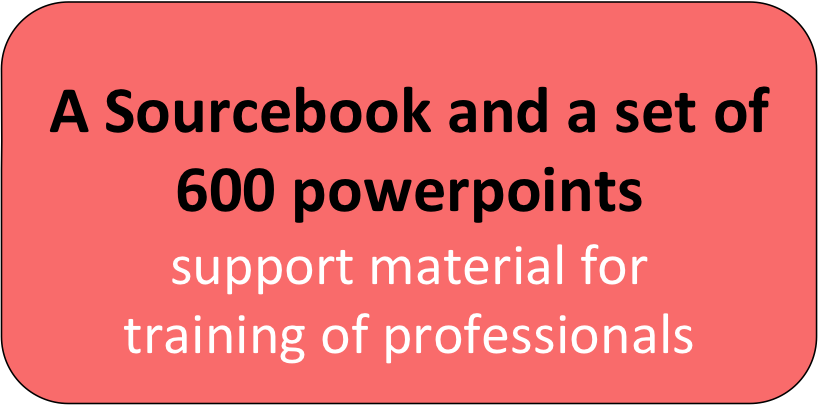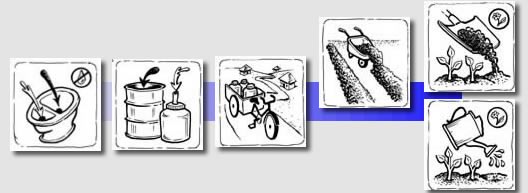Difference between revisions of "Sanitation Portal"
(→Field experiences) |
(→Field experiences) |
||
| Line 220: | Line 220: | ||
|5image=project 351.jpg |5link=http://rsr.akvo.org//project/351/ |5project#=351 |5project name=Cost effective means of financing WASH | | |5image=project 351.jpg |5link=http://rsr.akvo.org//project/351/ |5project#=351 |5project name=Cost effective means of financing WASH | | ||
}} | }} | ||
| − | {|style="border: 2px solid #e0e0e0; width: | + | {|style="border: 2px solid #e0e0e0; width: 80%; text-align: justify; background-color: #e9f5fd;" cellpadding="2" |
<!--rsr logo here--> | <!--rsr logo here--> | ||
|- style="vertical-align: top" | |- style="vertical-align: top" | ||
| Line 229: | Line 229: | ||
|[[Image:project 462.jpg |thumb|center|140px|<font size="2"><center>[http://rsr.akvo.org//project/462/ RSR Project 462]<br>Northern Region WASH Programme</center></font>|link=http://rsr.akvo.org//project/462/ ]] | |[[Image:project 462.jpg |thumb|center|140px|<font size="2"><center>[http://rsr.akvo.org//project/462/ RSR Project 462]<br>Northern Region WASH Programme</center></font>|link=http://rsr.akvo.org//project/462/ ]] | ||
|[[Image:project 386.jpg |thumb|center|140px|<font size="2"><center>[http://rsr.akvo.org//project/386/ RSR Project 386]<br>Scaling-up using CLTS in Kenya</center></font>|link=http://rsr.akvo.org//project/386/ ]] | |[[Image:project 386.jpg |thumb|center|140px|<font size="2"><center>[http://rsr.akvo.org//project/386/ RSR Project 386]<br>Scaling-up using CLTS in Kenya</center></font>|link=http://rsr.akvo.org//project/386/ ]] | ||
| + | |[[Image:project 469.png |thumb|center|140px|<font size="2"><center>[http://rsr.akvo.org//project/469/ RSR Project 469]<br>Implementing an IWRM process in Mashuru</center></font>|link=http://rsr.akvo.org//project/469/ ]] | ||
|} | |} | ||
Revision as of 23:06, 7 March 2014
| |
|
This portal describes sanitation technologies which can be applied from the household level to the village level. A complete sanitation system does not consist of only one technology, but rather a chain of technologies, each taking care of a specific function, such as the toilet, transportation, and treatment. Each technology below is dedicated to one particular function in this chain. An example is given at the end of this page.
Below, sanitation technologies are presented in different functional groups: User interface (Toilets, urinals, handwashing), Collection and Storage / Local Treatment, Conveyance, (semi-) Centralized Treatment, and Use of products / disposal.
Jump to more Sanitation links and resources below.
Field experiences
These projects are utilizing sanitation techniques and are part of the project listing in Really Simple Reporting (RSR) on Akvo.org.
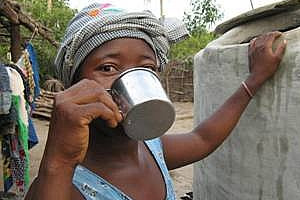 Rainwater harvesting in Guinee Bissau |
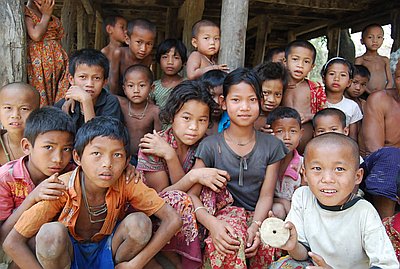 Community-led WASH and Safe Motherhood |
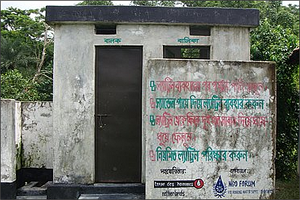 Scanning and Mapping the WASH Situation |
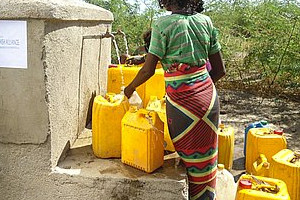 WASH Alliance project, AMREF in Ethiopia |
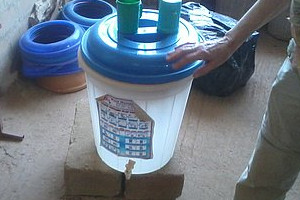 Cost effective means of financing WASH | ||
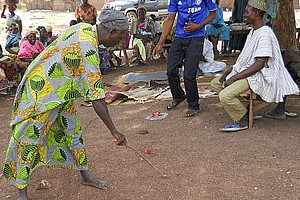 Upscaling CLTS for Healthy Communities |
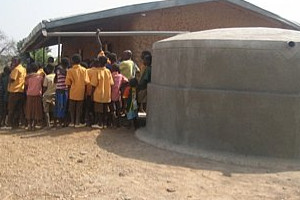 Northern Region WASH Programme |
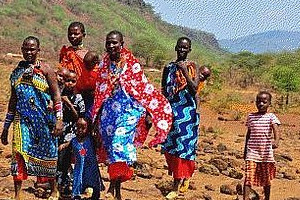 Scaling-up using CLTS in Kenya |
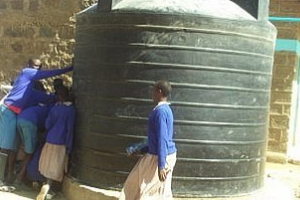 Implementing an IWRM process in Mashuru |
Sanitation links and resources
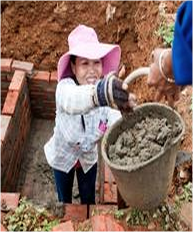
- IRC Sanitation Pack - IRC Sanitation Pack, SanPack for short, contains an overview of available methods, techniques and tools in a low-cost, non-sewered sanitation service model. The materials have been developed and used by IRC and its long-standing and more recent partners in the South and the North in some 20 countries in Africa, Asia and Latin America.
- For a helpful sourcebook in the training of professionals for the sanitation and water sector, browse or download the set of animated PowerPoints called Sustainable Sanitation, by clicking the pink box below.
Sanitation systems
The table below lists eight different examples of sanitation systems, going from very simple to more complex. Of course, many other systems are possible, depending on the local context.
| 1 Single Pit System | 2 Waterless System with Alternating Pits | 3 Pour Flush System with Twin Pits | 4 Waterless System with Urine Diversion | 5 Blackwater Treatment System with Infiltration | 6 Blackwater Treatment System with Sewerage | 7 (Semi-) Centralized Treatment System | 8 Sewerage System with Urine Diversion |
Acknowledgements
- The majority of the material in this portal was adapted from: Tilley, E. et al. (2008). Compendium of Sanitation Systems and Technologies. Eawag: The Swiss Federal Institute of Aquatic Science and Technology, Dübendorf, Switzerland.
- Currently, WASTE is working on a Sanitation Decision Support tool, which will be integrated in this portal in the near future.
- Smart Sanitation Solutions produced in collaboration with Netherlands Water Partnership, WASTE, PRACTICA, IRC International Water and Sanitation Centre, SIMAWI and Partners voor Water

